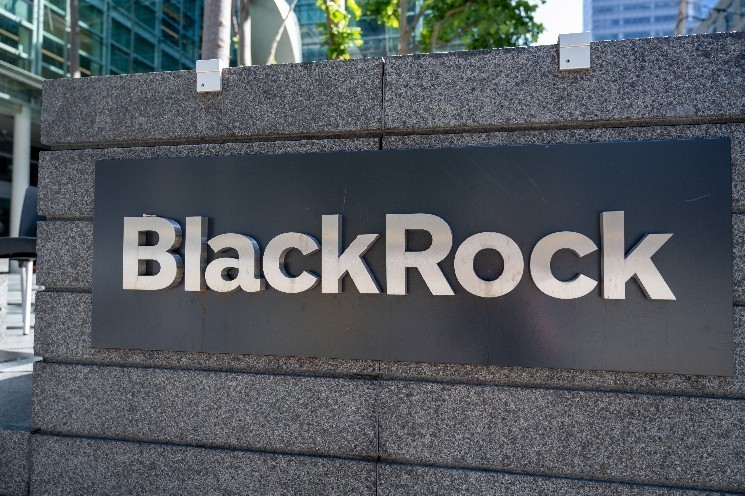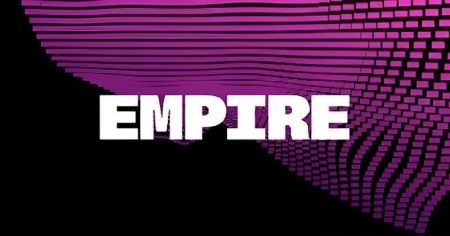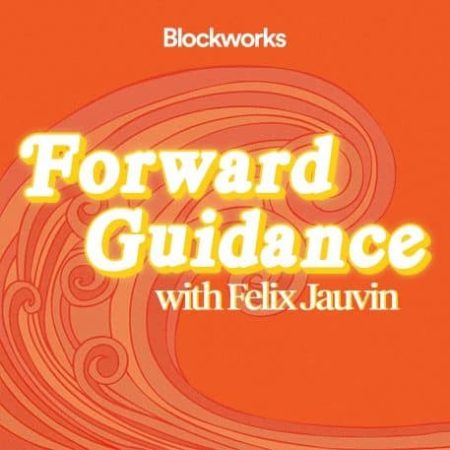BlackRock Explores Groundbreaking Move to Bring ETFs to Blockchain Technology
Wall Street Giant Considers Tokenization of Traditional Investment Vehicles as Digital Asset Strategy Expands
In a significant development that signals the growing convergence of traditional finance and blockchain technology, BlackRock, the world’s largest asset manager, is reportedly exploring ways to bring exchange-traded funds (ETFs) onto public blockchains, according to sources familiar with the matter who spoke to Bloomberg. This strategic initiative could potentially transform how investors access and trade some of the most popular investment vehicles in the market today, representing a watershed moment in the financial industry’s digital evolution.
The asset management titan, which oversees approximately $10 trillion in assets, is specifically considering the tokenization of funds connected to real-world assets, including stocks and other securities. This contemplated move builds upon BlackRock’s initial venture into tokenization last year with the introduction of the BlackRock USD Institutional Digital Liquidity Fund, commonly referred to by its acronym BUIDL. This pioneering fund, backed by short-term U.S. Treasuries, repurchase agreements, and cash, has experienced remarkable growth, emerging as the world’s largest tokenized Treasury product with nearly $2.2 billion under management.
Transforming Investment Access Through Blockchain Technology
The potential tokenization of ETFs represents a significant advancement in BlackRock’s blockchain strategy and could fundamentally alter how these popular investment vehicles are traded and accessed globally. In practical terms, tokenization would mean that shares of these funds—which are traditionally bought and sold on stock exchanges during standard market hours—would be issued and transacted as digital tokens on blockchain networks. This technological shift would effectively bring the $10 trillion ETF industry into the digital asset ecosystem, potentially addressing several longstanding limitations of conventional ETF trading infrastructure.
Industry experts point to several compelling advantages that tokenized ETFs could offer investors. Perhaps most notably, these blockchain-based fund shares could be traded continuously, 24 hours a day, seven days a week—eliminating the constraints of exchange operating hours that currently restrict ETF transactions to specific time windows. Settlement efficiency represents another significant improvement, as blockchain-based transactions could potentially be completed within minutes, in stark contrast to the two-business-day settlement period typically required in traditional finance. This acceleration of the settlement process could substantially reduce counterparty risk and improve capital efficiency for market participants.
Global Access and Regulatory Considerations
For investors in emerging markets or regions where ETF access is currently limited due to regulatory restrictions or underdeveloped financial infrastructure, tokenized ETFs could potentially offer a technological solution. By leveraging blockchain networks, these investment products could become accessible to qualified investors worldwide, regardless of geographic limitations or local market constraints. This democratization of access aligns with broader industry efforts to expand financial inclusion through technological innovation.
However, sources indicate that any potential rollout of tokenized ETFs by BlackRock remains contingent upon regulatory approval. The regulatory landscape for digital assets continues to evolve globally, with various jurisdictions taking different approaches to the oversight of tokenized securities and blockchain-based financial products. BlackRock’s exploration of tokenized ETFs comes amid increased scrutiny from financial regulators worldwide regarding digital assets, suggesting the firm is taking a measured, compliance-focused approach to this innovation. The asset manager would likely need to address regulatory concerns related to investor protection, market integrity, and financial stability before bringing tokenized ETFs to market.
Industry Trends and Competitive Landscape
BlackRock’s exploration of tokenized ETFs underscores a broader trend across the financial services industry, as various institutional players increasingly examine the potential applications of blockchain technology for traditional financial instruments. Major banks, fintech companies, and asset managers have been actively testing blockchain infrastructure for various asset classes, including bonds, private credit instruments, and now mainstream equity funds. This industry-wide experimentation suggests a growing recognition of blockchain’s potential to enhance efficiency, transparency, and accessibility across financial markets.
The movement toward tokenization has gained momentum in recent years, with several financial institutions launching pilot programs and proof-of-concept initiatives to demonstrate the viability of blockchain-based securities. Notable examples include JPMorgan’s JPM Coin, Franklin Templeton’s tokenized money market fund, and various projects from financial technology firms focused on bringing traditional assets onto blockchain networks. BlackRock’s consideration of tokenized ETFs, given the firm’s market-leading position and regulatory influence, could potentially accelerate this trend and encourage wider institutional adoption of blockchain technology for mainstream investment products.
The Future of Finance: Integration of Traditional and Digital Asset Ecosystems
BlackRock’s exploration of tokenized ETFs represents more than just a technological experiment—it potentially signals a fundamental shift in how financial products are structured, distributed, and traded. If successful, this initiative could help bridge the divide between traditional finance and the emerging digital asset ecosystem, potentially bringing institutional credibility and scale to blockchain-based financial products while simultaneously introducing technological innovation to conventional investment vehicles.
The tokenization of ETFs could be viewed as part of a broader transformation in financial market infrastructure, as distributed ledger technology increasingly challenges traditional market conventions. While the immediate focus appears to be on replicating existing investment products in tokenized form, the long-term implications could be far more substantial. Blockchain technology’s programmable nature could eventually enable the creation of entirely new types of financial products with features that would be impossible to implement using traditional infrastructure, such as automated compliance, transparent ownership tracking, and novel distribution mechanisms.
As BlackRock continues to develop its blockchain strategy, the financial industry will be watching closely. The firm’s decisions could significantly influence the trajectory of institutional adoption for blockchain technology and shape the regulatory framework for tokenized securities. While the timeline for potential implementation remains uncertain and regulatory hurdles persist, BlackRock’s exploration of tokenized ETFs represents a significant milestone in the ongoing convergence of traditional finance and blockchain technology—a development that could ultimately reshape how investors worldwide access and interact with financial markets.















